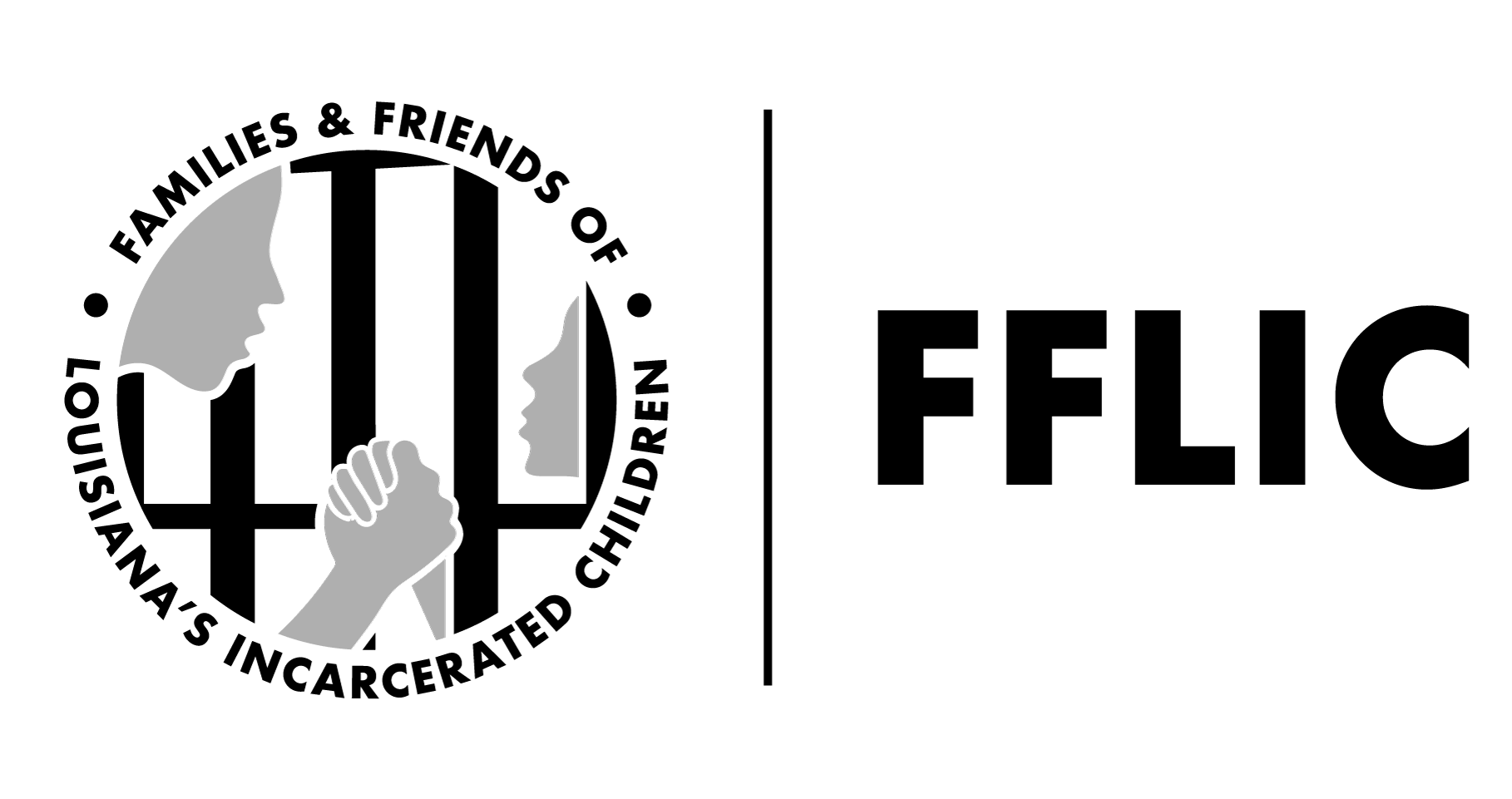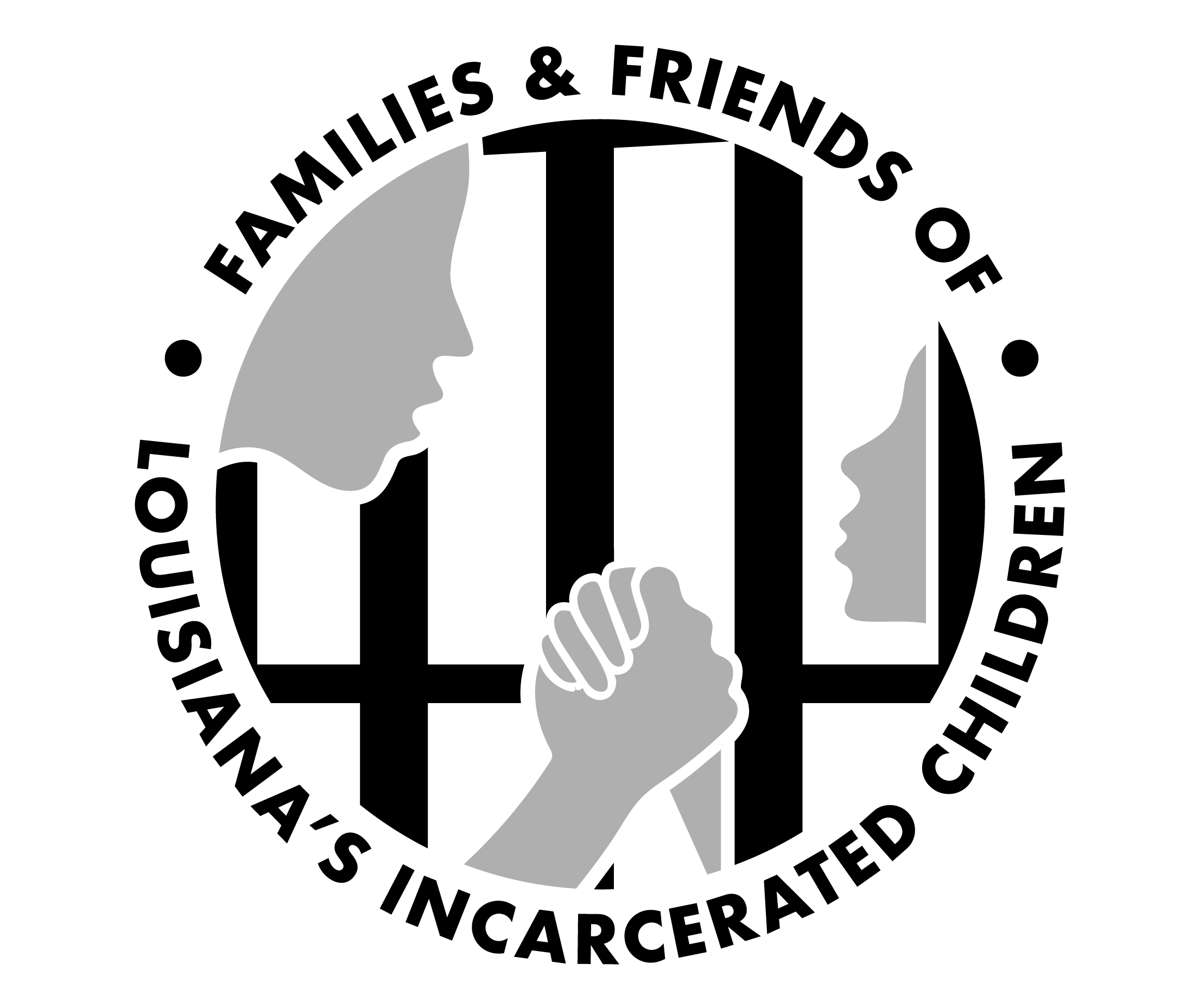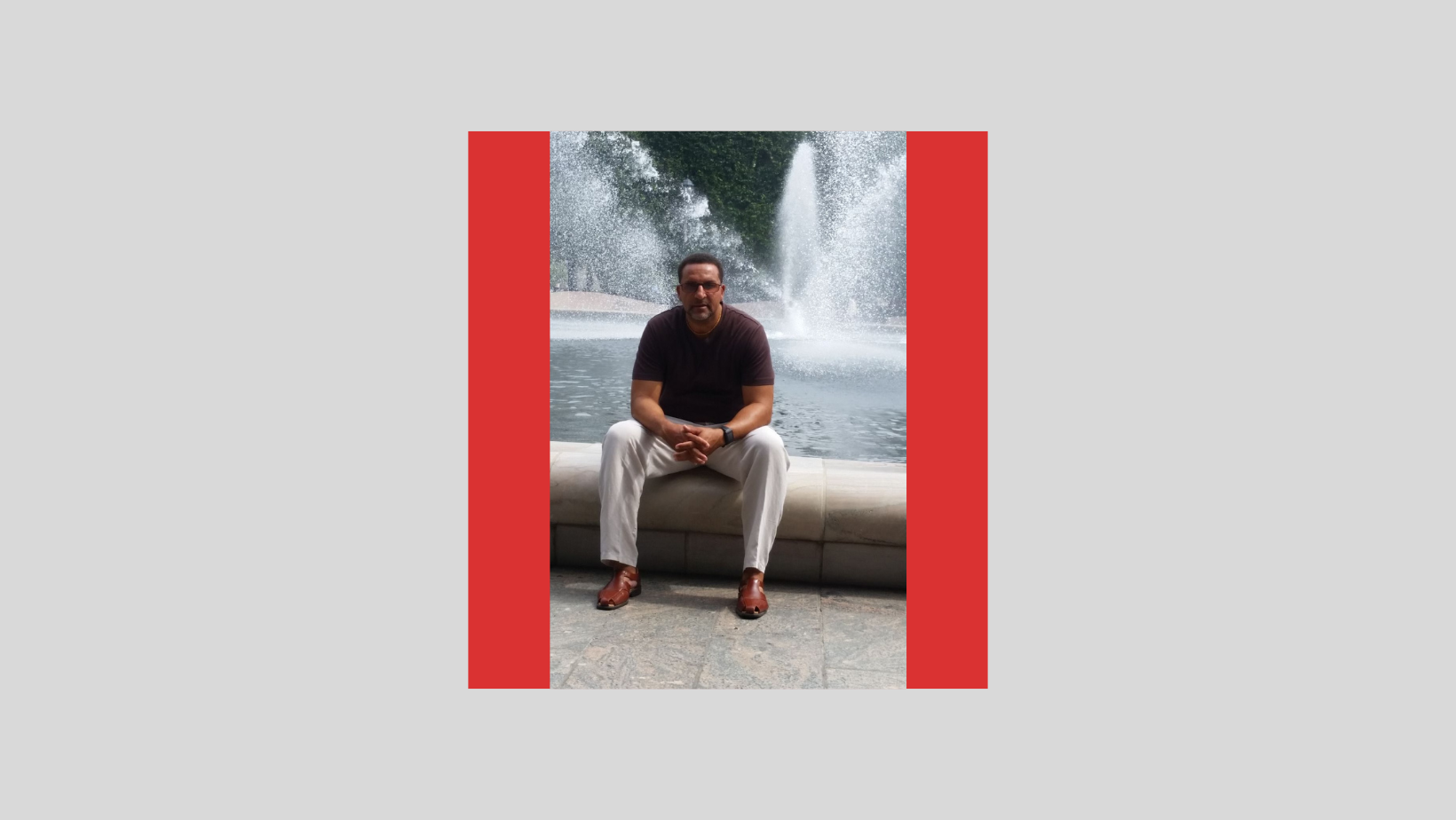The success of one person is connected to the success of a community, and Ira Coleman is an example of this. His personal achievements lift up the whole community, as he gives back and provides inspiration to others. Ira was raised in the Lower 9th Ward of New Orleans, as the fourth child of Mr. and Mrs. Leontine Coleman’s six children, all of whom received higher education. Ira graduated from McDonogh 35, and then later went on to receive a B.S. degree in Mathematics Secondary Education and a Masters in Social Work. Yet, he found himself working mainly in the criminal legal system because he cares about kids and wanted to give back to his community. As a father of five, he knew that he would have to teach his children, as well as all children, to protect themselves against the injustices in our systems.
“I used to tell my son, society has built a place for you and you don’t want to go there,” says Ira.
Reflecting on the systems that target youth, he described the importance of family and community in providing protections from unjust systems. For example, he spoke about how years ago, there was still a sense of community, and how that helped him and his friends succeed–receiving degrees in education, law, and medicine.
“We lived in a community where if you walked down the street twenty blocks, that parent knew who you were,’ Ira reflected. “There are so many breakdowns in the systems these days. We need stronger communities, stronger parenting, education, and health and wellness.”
Because he believes in the importance of community, Ira has gotten involved with FFLIC and is also working with other organizations in New Orleans to mentor youth. Through this work, he wants to “get into the minds of children” to help them believe they can beat the odds against them and fulfill their potential. However, according to him, we also need to get into the minds of our communities that children think and act differently than adults.
“We have to treat children as children,” says Ira. “We have to try to rehabilitate them. It shouldn’t just be penal.”
In his opinion, we need to offer kids better community support and offer them the opportunity to make amends for their crimes. For this reason, he appreciates FFLIC’s focus on teaching youth and parents how to be better advocates.
“I love the fact they are on the frontline, going to the capitol, holding up their signs, and getting youth involved in that….We need to change the laws, and let people know how the system is working.”
Ira is truly an example of how one person’s success can create ripples through the community. Not only has he cultivated his own knowledge, education, and understanding, but he is also continuing to cultivate this in many others – from youth, to neighbors, to policymakers. Our kids and communities need more people like Ira so that our world is a better and more just place.



